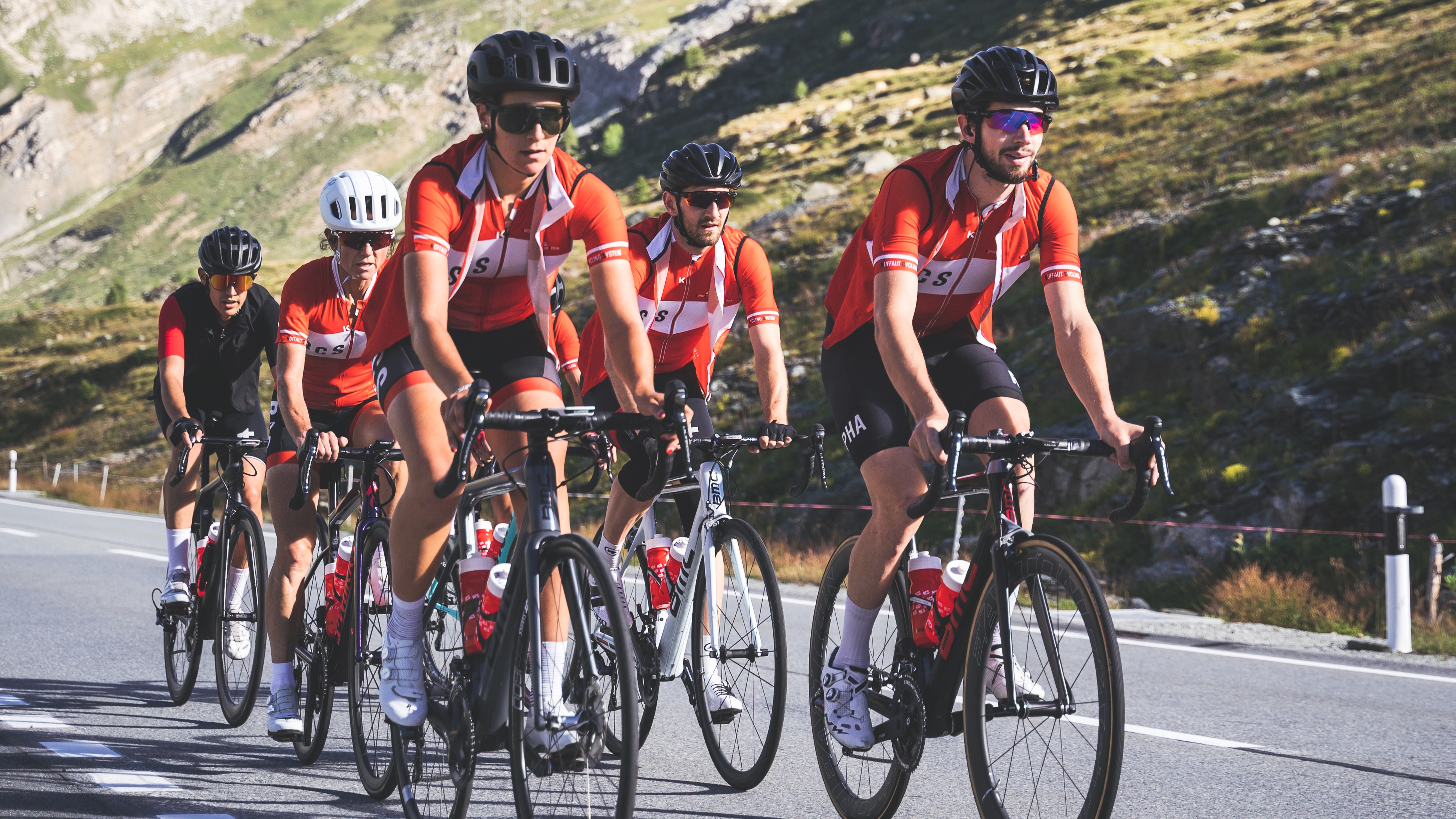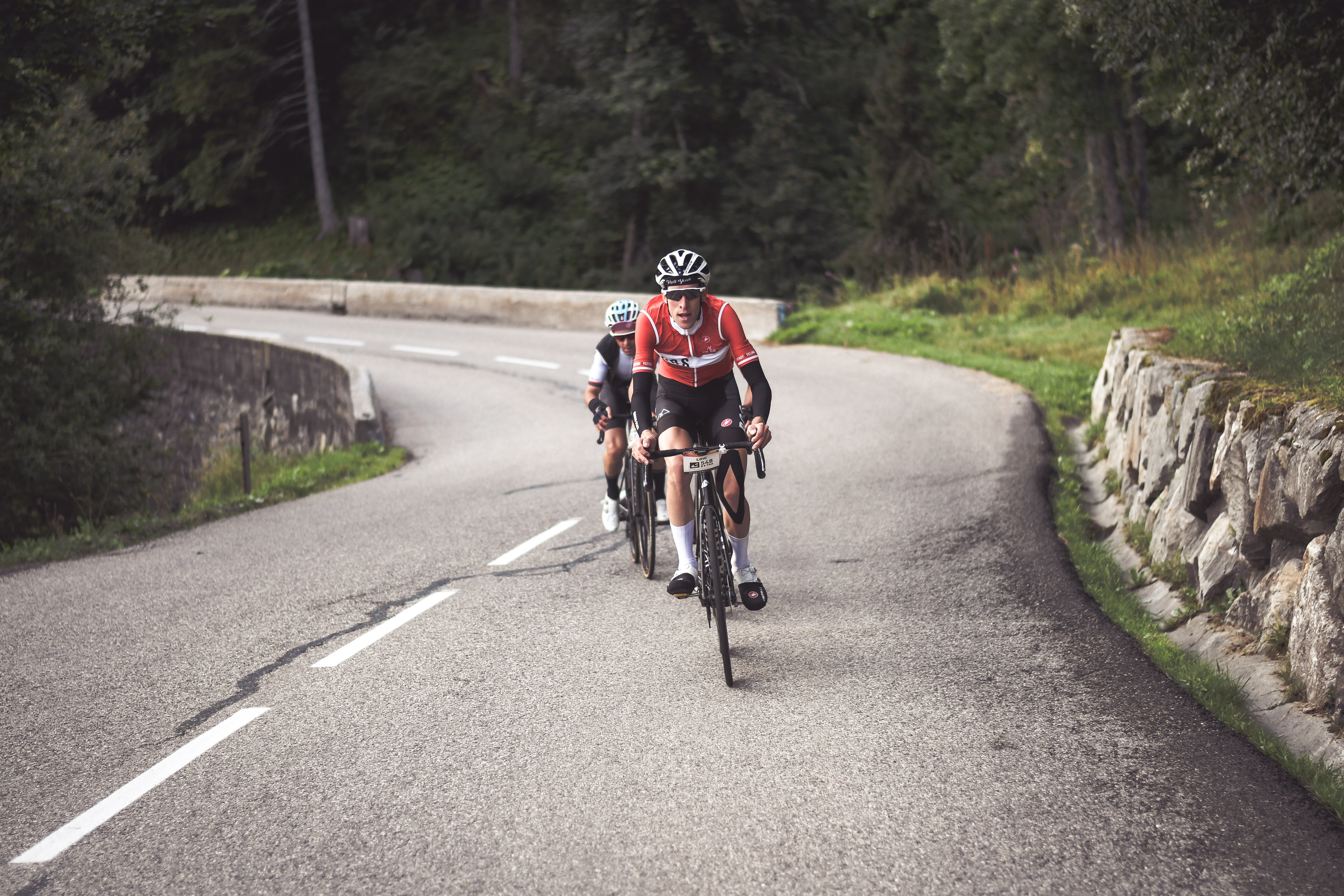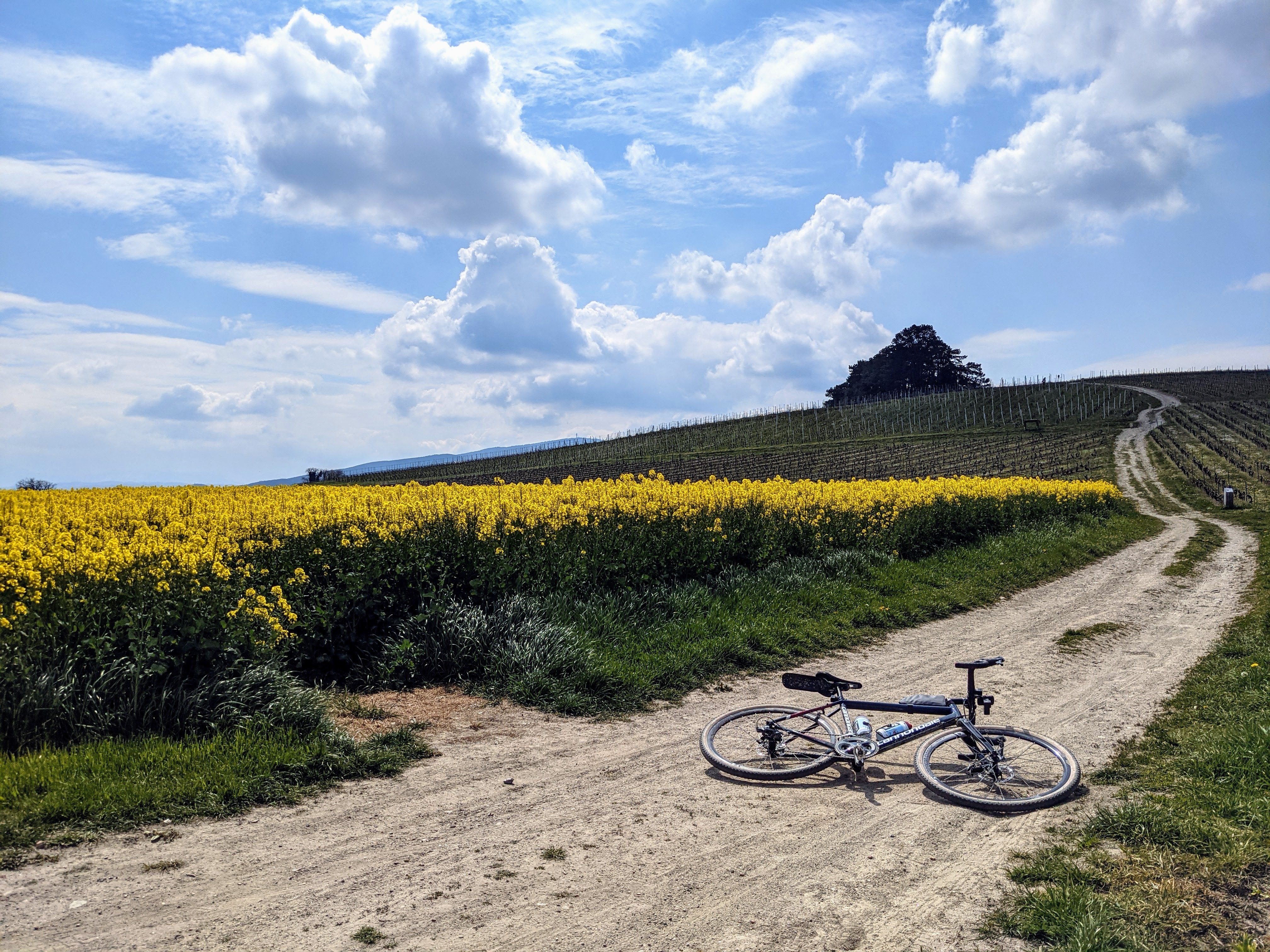Swiss cycling coach and co-founder of Ruffaut Cycling System, Loïc Ruffaut provides us with 6 tips to build an effective training program and help you reach your goals.
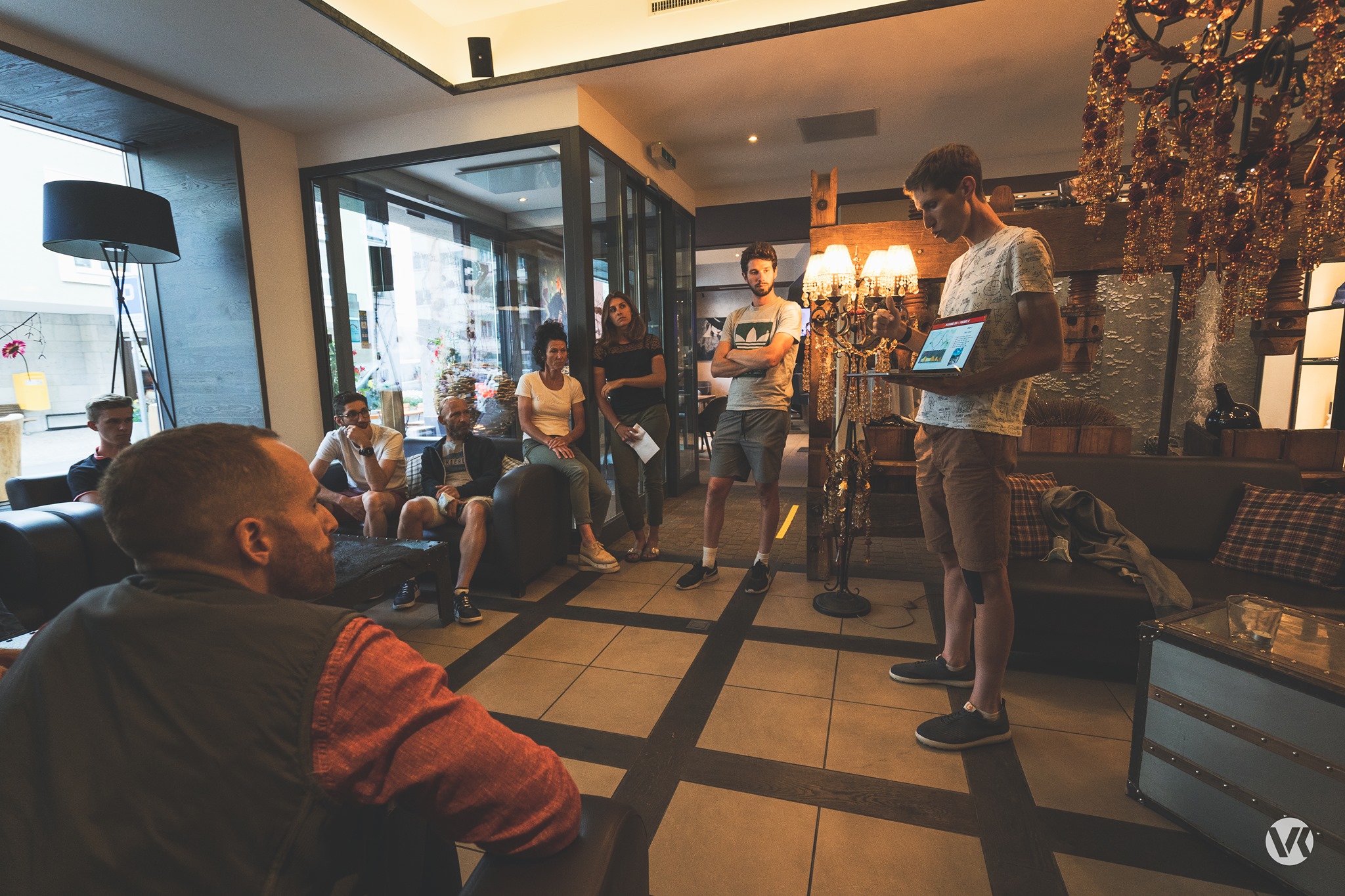
The benefits of a structured training program are well known to cyclists, but building a suitable and effective program is not easy. How can you train seriously around a busy personal and professional schedule? How do you balance setting yourself both challenging and realistic goals? How do you make sure to stay motivated? What tools should you use?
With his qualifications as a coach, supervisor and sports director, Loïc shares his secrets to best prepare your next challenge.
1. Identify and analyse your goal
Setting your goal should be the cornerstone of your training program. Obviously, you need to define what your goal will be - a race, a personal challenge, a distance, time or power objective - but also what factors will come into play, whether they are physical, physiological, mental, technical, social or environmental. This is called the demands analysis.
“Defining a goal is key in building your motivation”, says Loïc. Your target should be set beyond your comfort zone but it should remain realistic and take into account the degree of commitment you are willing to put into your training.
Also remember to clearly distinguish the ranking goal and the performance goal. “You can perform well without making it to the top of the GC”. You just have to be clear about what you’re targeting and adjust you training accordingly with the appropriate exercises.
2. Analyse your personal profile
Next, you need to compare the demands analysis with the analysis of your own profile. You need to identify your physical, technical and mental strengths and weaknesses and analyse them through the spectrum of your goal. Your sports history, your environment, the free time you have, the different stress factors impacting your practice, your nutrition, your motivation; all of these factors will also indicate which tools and training methods you should use.
Self-awareness is key for this step. The more information you gather about your cyclist and personal profile, the more tailored and effective your program will be. Many tools can provide you with additional information about your cycling practice and save you time during this step (power, heart rate, cadence sensors, etc.). However, you shouldn’t rely on these tools over your own physical awareness and personal understanding of your own body. Building a good training plan is, above all, asking yourself: Where do I want to go? How can I get there? What am I willing to do to get there?
3. Build gradually and split your training into several rounds
If you are aiming for one single major goal in the year, Loïc recommends setting intermediate objectives that will help you build specific skills aimed at the main goal. For example, taking part in intermediate races can allow you to test your physical abilities in real conditions, but also better understand the environment around an event: logistics, travel, stress, nutrition etc.
Building your training gradually is also key to efficiency: "You always have to be progressive in terms of both volume and intensity to give the body time to adapt,” says Loïc. “During training, we exert pressure and the body has to absorb it to respond with positive adaptation. If we do things too fast, without progressiveness or recovery, it won't work because the body will not have time to assimilate".
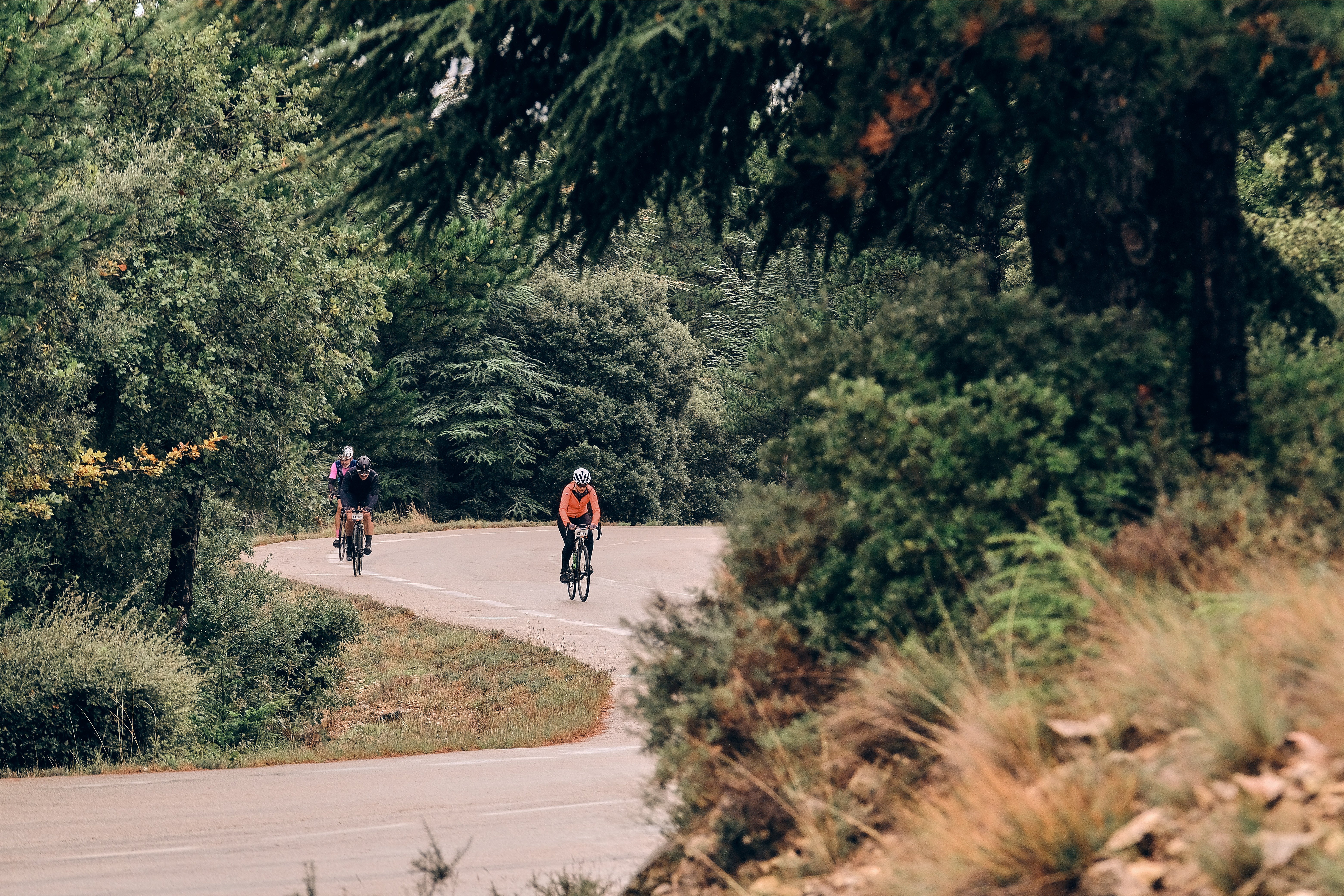
4. Don't neglect the basics
"You have to be careful with high levels of intensity,” says Loïc. “A lot of people don't have much free time to train, so they stake everything on one-time sessions with very intensive work. As coaches our fight is to make cyclists understand that the most important thing is not the intensity but the aerobic work. This is mandatory to progress in the long term and to perform on long races which mostly involve aerobic and sub-peak efforts.
“High-level intensities are important to progress at a specific stage in the training process, but they are not sufficient: you must not forget the basics, the technical work, the endurance work, the work on fat mobilisation.”
5. An effective training plan is a flexible one.
Once built, the training program must be followed seriously, but it is also important to spend time analysing it so that it can constantly be readjusted.
When training alone, we often lack the objectivity and skills needed to analyse some factors. It is therefore essential to allow ourselves some room to flexibility. "It is sometimes better to do an easier and improvised session, rather than putting too much effort into a session that you had planned when it will end up being badly absorbed by the body,” says Loïc.
"An effective training program is not a strict program. Nothing is ever 100% sure, so you have to be constantly adapting”.
.jpg?width=3883&name=016_VK20225_VKronental%20(1).jpg)
6. Mental preparation accounts for 50% of the result of a race.
Loïc believes your physical training is only half the battle and that if you want to push yourself to a new level, you cannot neglect your mental preparation. "It is a very broad topic - there are many methods and protocols,” he says. “It's really similar to physical training with exercises, visualisation, motivation building exercises etc. Unfortunately, this is a matter that is often not discussed much and yet, in my opinion, it represents 50% of the result of a race.
The mind impacts everything: our way of doing things, of living, of managing our emotions, our stress. For example, someone who doesn't know how to manage his stress will be tired, have less energy and a poorer cellular response. However, this requires a strong personal commitment and you have to be open to doing this work.”

